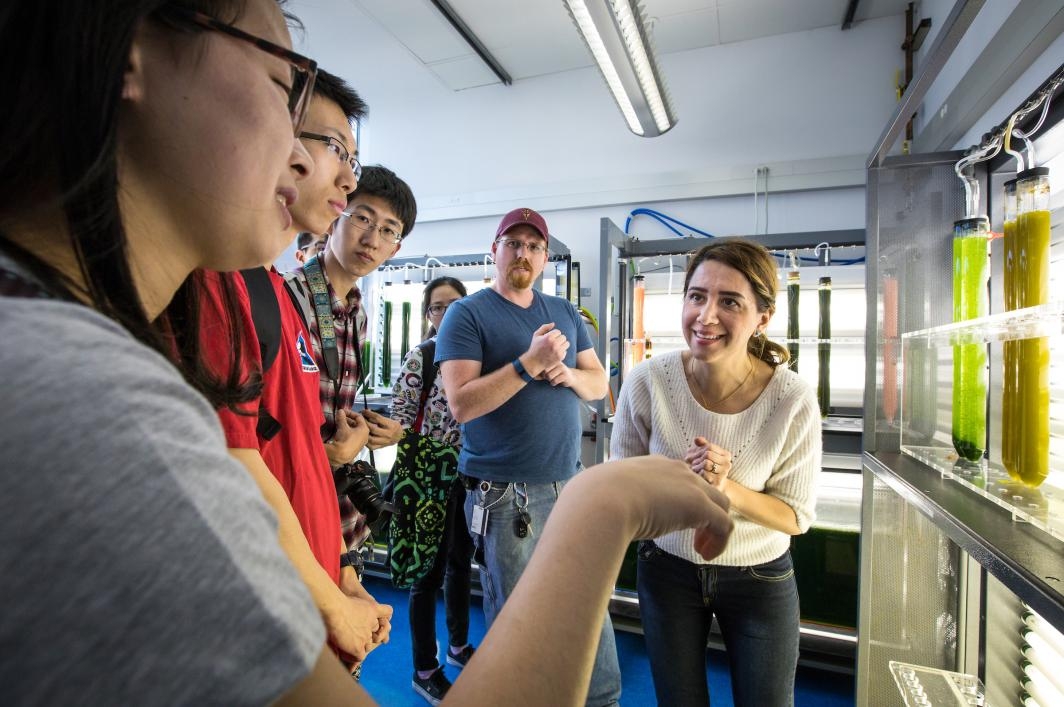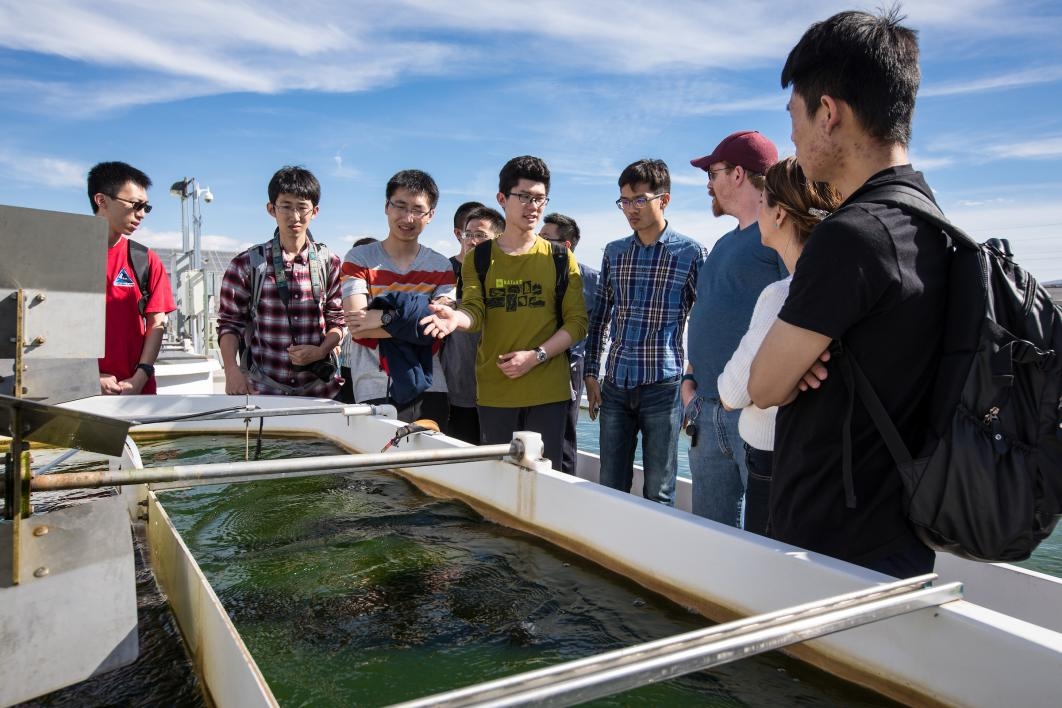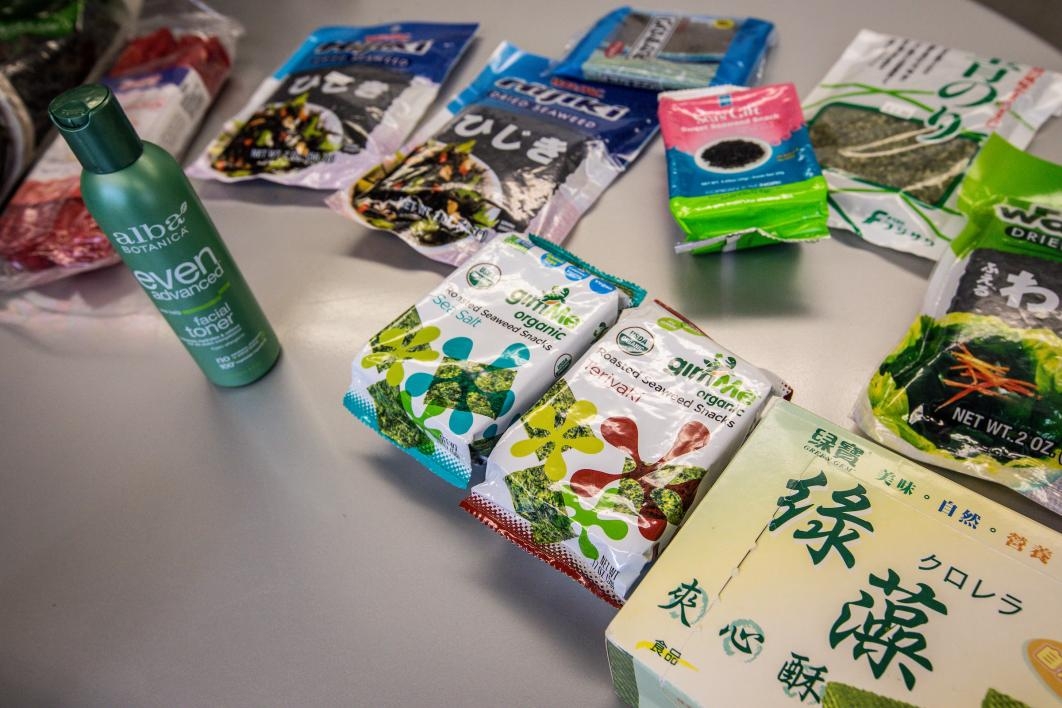ASU sustainability workshop inspires visiting Chinese scholars to find real-world solutions
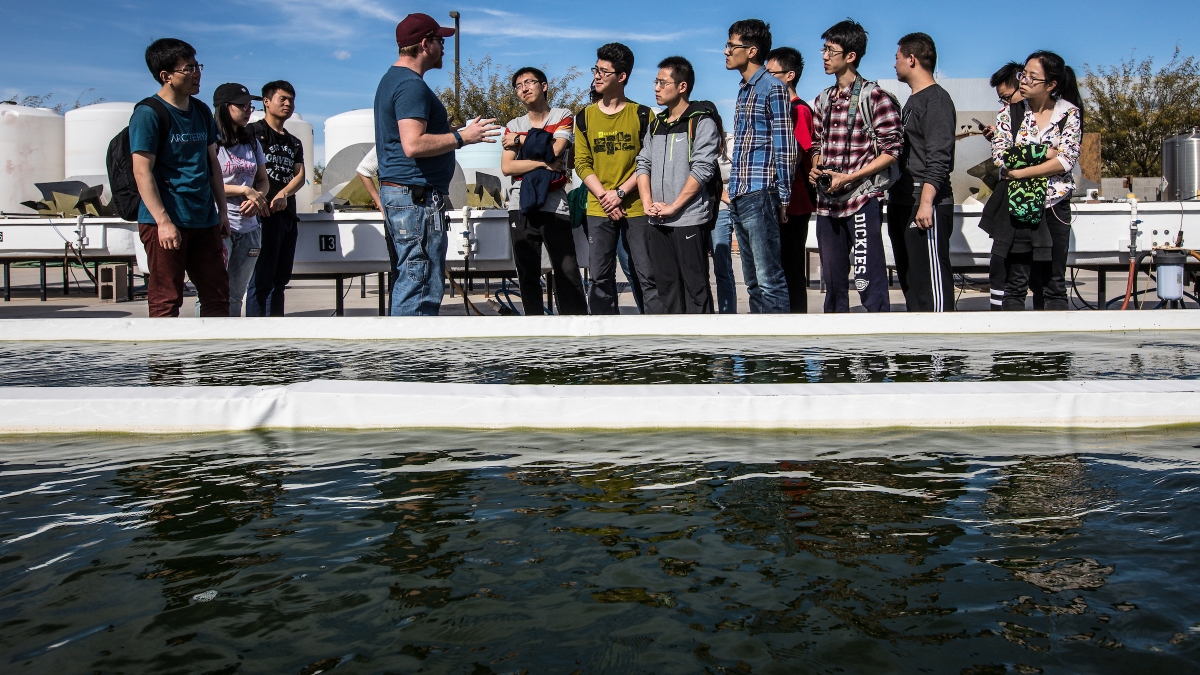
A two-week workshop at Arizona State University's School of Sustainability brought students from China a new way of systems thinking to analyze complex sustainability problems.
The 16 students came from Beijing's Beihang University, an elite research university known for launching the first light passenger aircraft in China in 1950s.
“The thing about these students that is most impressive is that they’re pretty serious engineering and math scholars who want to find solutions to the planet’s current and future sustainability challenges,” said Ryan Johnson, executive director for the School of Sustainability's Executive and Professional Education.
Professor Marty AnderiesMarty Anderies is a professor in both the School of Sustainability and the School of Human Evolution and Social Change, the latter in the College of Liberal Arts and Sciences. He is also a senior sustainability scientist in the Julie Ann Wrigley Global Institute of Sustainability and associate director of the Center for Behavior, Institutions and the Environment. introduced to students key sustainability challenge areas of food, water, energy and urbanization from the local to the global scale. His sustainability class was a combination of learning activities: documentary and dialogue, interactive role-playing games, field trips and lectures.
By watching short documentaries, students got to dive into specific cases on sustainability. For instance, “Soil Carbon Cowboys,” created by ASU professor of practice Peter Byck, shows how ranchers in Mississippi, North Dakota and Canada regenerate their soils while making their animals healthier and their operations more profitable.
Students also spent a class session playing an interactive Resilience Game that put the students into the role of city managers trying to solve problems such as walkability, air quality, aging infrastructure and sense of community.
“They’ve been extremely engaged,” said Anderies, also noting that the students could well comprehend mathematical analysis in class.
The students were living in Arizona during Chinese Lunar New Year break, and an authentic Chinese meal in Mesa and a performance by a Chinese-American string quartet didn’t disappoint.
“Everything went smoothly, and I also feel very safe on campus,” sophomore Tianzhi Yang said.
Whether it was the First Fridays art walk in downtown Phoenix, a tour to the Native American archaeological site Pueblo Grande or even a special sustainability tour to Chase Field, the group got to experience a taste of the American Southwest, both ancient and modern.
Team lead Jianglong Zhang is a doctoral student at Beihang University who helped design this partnership workshop. He said they chose ASU because the university is well-known in academia in China for its leading research and heavy focus in sustainability.
Top photo: Doctoral student Everett Eustance (center left) tells a group of 16 students from Beihang University about ASU's work in researching algae as both a biofuel and as protein and carbohydrate food source at the Polytechnic campus on Feb. 7. Photo by Charlie Leight/ASU Now
More Science and technology
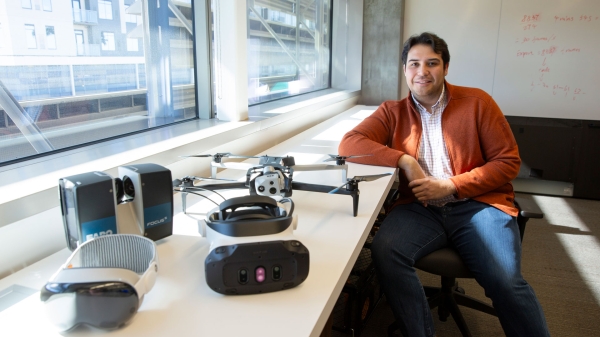
Teaching construction realities with virtual environments
Visiting a construction site is a valuable learning opportunity for students who want to one day work in the industry. Experiencing the sights, sounds and other sensory elements of an active…
ASU, Mexico partner to build next generation of chipmakers, drive semiconductor innovation
Thousands of college students in Mexico will soon have the opportunity to enroll in Arizona State University’s new, free online course to learn the fundamentals of microelectronics and…
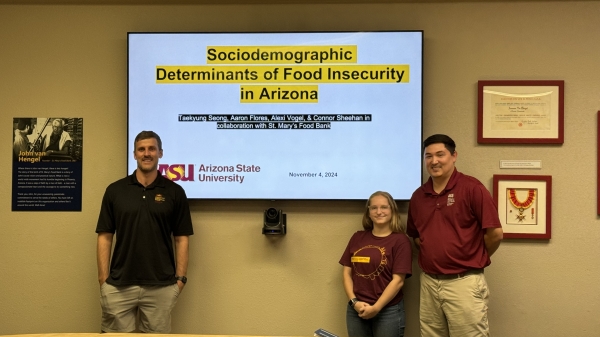
ASU, St. Mary’s Food Bank partner to tackle food insecurity in Arizona
Arizona State University and St. Mary’s Food Bank (SMFB) have joined forces to create an interactive data dashboard that tracks and maps food insecurity rates across Arizona. This innovative tool…
